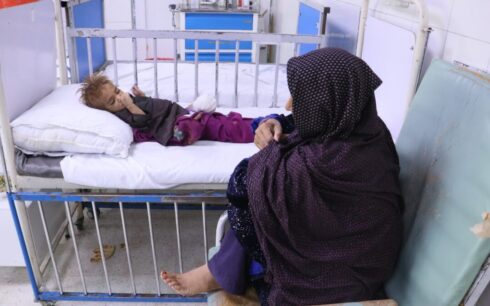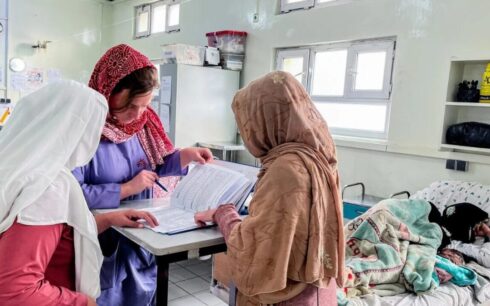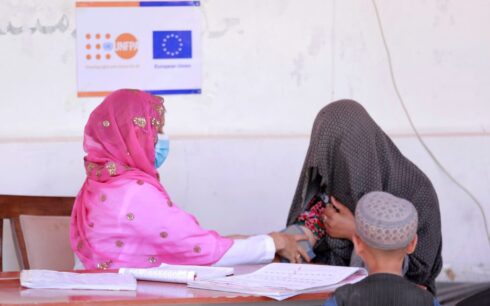KABUL, Afghanistan — Afghanistan urgently needs an additional 18,000 trained midwives to address the country’s critical shortage of skilled birth attendants, the United Nations Population Fund (UNFPA) revealed in a recent report.
According to the UNFPA, the deployment of these midwives could meet approximately 90 percent of the essential reproductive, maternal, newborn, and adolescent health needs across the country. The agency warned that the current shortfall not only endangers lives but also severely undermines the bodily autonomy of women and girls on a large scale.
“Afghanistan urgently needs an additional 18,000 midwives to meet the demand for skilled birth attendance, a lack that otherwise endangers lives and undermines women’s and girls’ bodily autonomy on a vast scale,” the report stated.
Afghanistan has long struggled with one of the highest maternal mortality rates in the world, with one woman dying every hour due to complications related to pregnancy and childbirth, the report noted. It emphasized that many of these deaths could be prevented with adequate skilled midwifery care.
The report also highlighted the detrimental impact of the Taliban’s restrictions on women, which have drastically curtailed their ability to work and travel without a male guardian. The situation, it warned, is becoming increasingly perilous for women and girls, with dire implications for future generations in Afghanistan.
The UN agency pointed out that public health workers have been severely affected since the Taliban’s takeover in 2021. “Hospitals and clinics were either forced to close or rendered non-functional, and their staff could no longer make it to work safely,” the report added.
These findings come amid ongoing Taliban policies that have further restricted women’s access to education and employment. Girls above the sixth grade are barred from attending school, and female university students have been banned from their classes, exacerbating the challenges facing Afghan women and girls.




